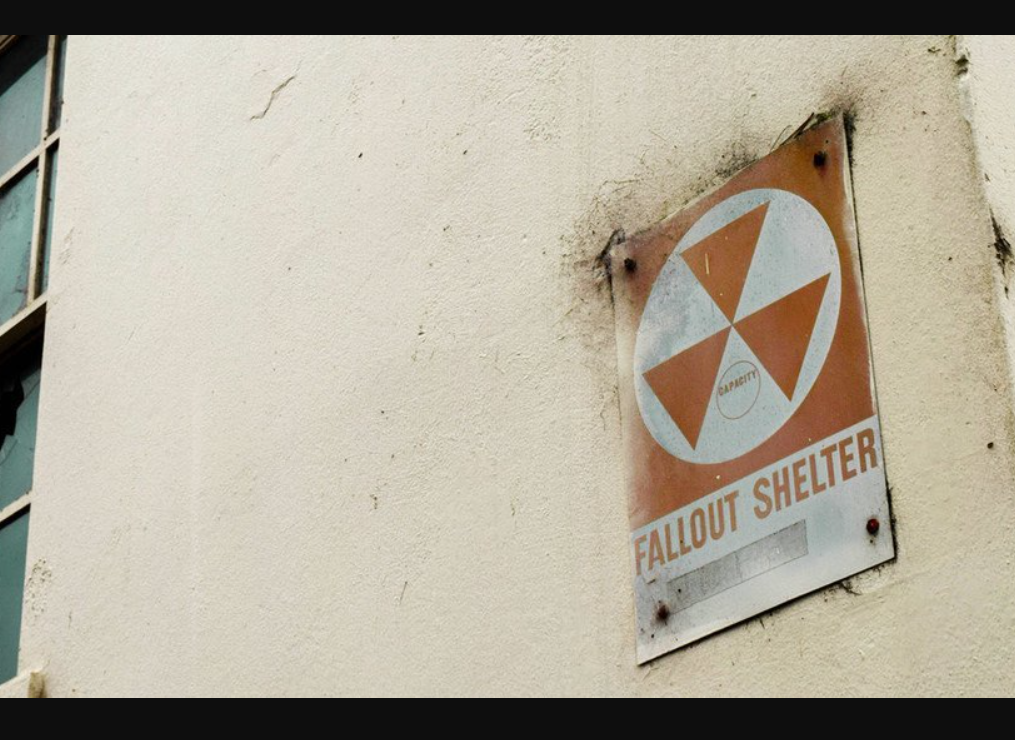Zhong Yin, Research Professor, Research Institute of Global Chinese and Area Studies, Beijing Language and Culture University
Feb 20, 2024
America’s actions that are directly detrimental to China’s interests render China’s cooperation in some regions irrelevant. The good news is that China and the U.S. have agreed to strengthen cooperation. But to ensure concrete results, the U.S. needs to do more.
Wang Fudong, Assistant Research Fellow, Institute of International Economics and Politics, Shandong Academy of Social Sciences
Nov 24, 2022
The United States and its allies are less interested in solving the problem than they are in containing China. But even if conflict is avoided, the intensification of a new cold war in Northeast Asia and the rising risk of nuclear proliferation do not bode well for the future.

Zhang Tuosheng, Academic Committee Member at Institute for Global Cooperation and Understanding, Peking University
Sep 14, 2022
Regional strategic stability depends upon sincere outreach to the DPRK by major powers. Think tanks from China, the U.S. and the ROK have already reached many useful common understandings. They should explore a road map for denuclearization and a peace mechanism and invited the DPRK to participate.
Doug Bandow, Senior Fellow, Cato Institute
Jul 12, 2022
The U.S. and South Korea continue to look for ways to address the challenges with North Korea, while hoping for the involvement of China. Yet, China is unlikely to get involved unless its interests are also met in the process.
Wang Fudong, Assistant Research Fellow, Institute of International Economics and Politics, Shandong Academy of Social Sciences
Mar 31, 2022
With America distracted by the Russia-Ukraine conflict, the ICBM on the Korean Peninsula is not getting much attention. But the problem won’t go away without judicious action on both sides.
Ted Galen Carpenter, Senior Fellow, Randolph Bourne Institute
Mar 04, 2022
After Trump drastically shifted the U.S. approach to North Korea, the Biden administration’s policy seems to be more aligned with the previous decades of stalemated isolation of the small nation. A new approach could normalize relations and stabilize security concerns in Asia.
Wang Fudong, Assistant Research Fellow, Institute of International Economics and Politics, Shandong Academy of Social Sciences
Feb 07, 2022
With the United States maintaining a hostile stance, the DPRK faces a bleak choice: either capitulate to U.S. nuclear and missile demands or try to unnerve the U.S. with a show of force. It is likely to try the latter first.
Doug Bandow, Senior Fellow, Cato Institute
Jan 24, 2022
The new year does not look promising for an understanding on Korean issues as U.S.-China tensions persist. Stronger cooperation and coordination is needed to ensure certain peace and stability.
Zhang Tuosheng, Academic Committee Member at Institute for Global Cooperation and Understanding, Peking University
Nov 30, 2021
China and the United States should cooperate to remove the fundamental causes of failure — lack of trust, differing definitions of denuclearization, timetables and peace mechanisms — while accounting for the DPRK’s wariness of the so-called Libya model.
Doug Bandow, Senior Fellow, Cato Institute
Aug 24, 2021
North Korea has presented an issue to both China and the U.S. since the ceasefire halted the Korean War in 1953. Though both nations share common security interests regarding the Hermit Kingdom, the desired outcome may drive a wedge between them.